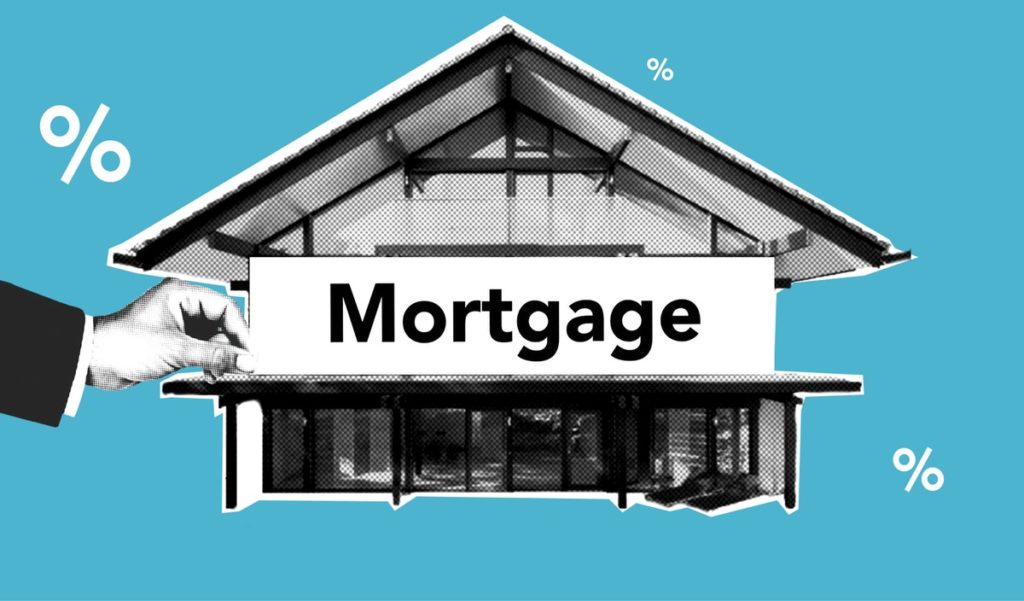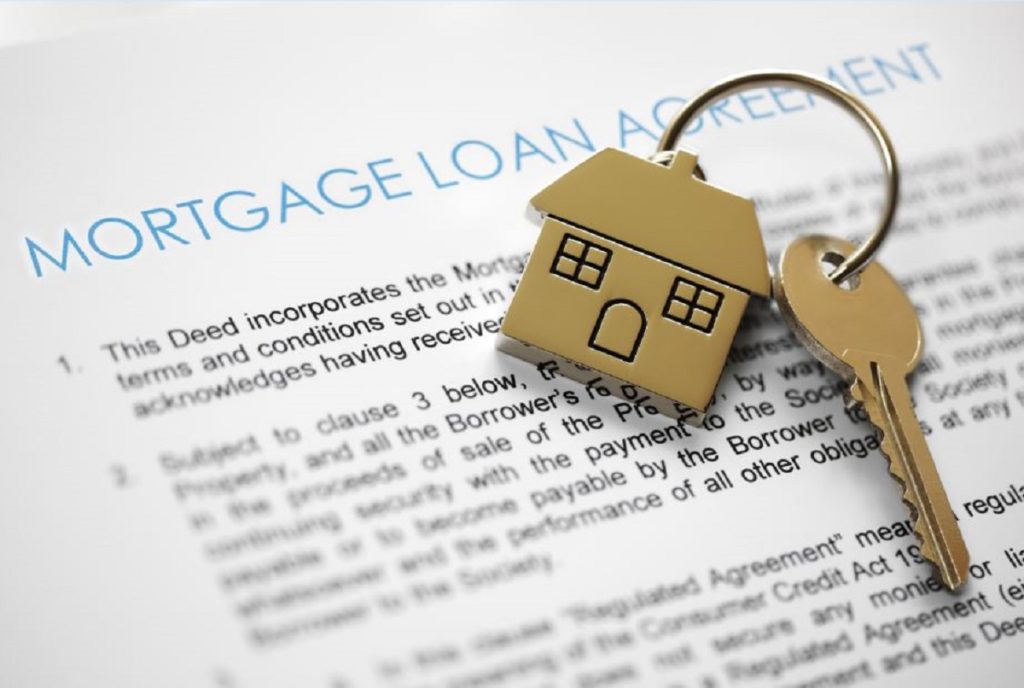You normally hear the words “interest rates” with credit card debt or other loans. Chances are you understand the term as an additional amount you pay every time to settle a debt, whether partially or fully. Well, you are not wrong.
Interest is basically the cost of borrowing money. Like any other product, you also need to pay for cash that you acquire from a lender. And like the prices of goods and services, interest rates are also affected by supply and demand. When demand is weak, interest rates drop; when demand is strong, it will spike up. Hence, if you buy a home during a recession when people tend to postpone major purchases, you’ll find yourself looking at lower interest rates.
But why do some home loans have fixed interest, while others do not? Which of the two will give you a better financial advantage?
To know which type of mortgage is right for you, here’s a crash course on mortgage interest rates:
Fixed-rate Mortgage
A fixed-rate mortgage charges an interest that remains unchanged throughout the loan’s term. For example, if you get a 30-year fixed-rate mortgage with a 5% interest rate, the total amount you’ll pay stays the same whether you repay the loan in 10 years or 30 years. Your monthly payments may change depending on the amount you decide to contribute, or how often you pay. But ultimately, you’d arrive at the same amount of total payment.
The main advantage of a fixed-rate mortgage is that it’ll protect you from the sudden increase in interest rates. If housing booms on a particular period, lenders will raise their prices, making mortgages less affordable. A 5% interest rate can jump to 8%. But if you already have a fixed-rate mortgage before the housing boom, you’ll still repay the loan with a 5% interest.
However, a fixed-rate mortgage isn’t automatically more affordable than an adjustable-rate mortgage. In fact, it can be more expensive, especially if you’ve already repaid the principal in full, but not yet the interest. In a 30-year fixed-rate mortgage, you may spend the last 10 years of the term just paying off the interest.
To reduce your costs, a shorter-term fixed-rate mortgage is recommended. At a glance, it may appear more expensive because of the higher monthly payments, but its purpose is to let you repay the principal faster. Also, a short-term fixed-rate mortgage usually offers a lower interest rate, so it’s cheaper overall.
Adjustable-rate Mortgage

As you may have worked out by now, an adjustable-rate mortgage changes interest with time. The initial interest may remain constant for a fixed period, then start changing at a pre-arranged frequency. For example, every 10 years or every month.
To ensure that borrowers won’t have to pay hefty interests, the rates are regulated by a ceiling. The ceiling is the highest that the adjustable interest can reach over the course of the loan.
Though it sounds costlier, an adjustable-rate mortgage may actually allow you to save money. If you repay the loan before the scheduled rise in interest rate, then you’re all settled and debt-free. In other cases, you may also reduce your monthly payments because the interest rate dropped instead rose.
Home Equity Loan
If you already bought a home through a mortgage, you might be qualified to apply for a home equity loan. It is a loan that borrows cash against your home’s equity, usually with a fixed interest rate. Many homeowners acquire this loan for home improvements or a full-scale renovation.
The loan amount is calculated based on the difference between your home’s current market value, and your mortgage balance due. Your home’s equity will serve as collateral for your lender.
Regularly repaying your mortgage builds up your home’s equity. Simply put, you increase the portion of the home that you actually own. As such, you can convert your equity into cash and use it for home improvements, emergency expenses, or another debt to repay.
Though you can also use your home’s equity to buy luxuries, experts don’t encourage it. Remember that your home’s serving as collateral, so you shouldn’t risk it in exchange for indulgences. Tap into your home’s equity only if you need extra cash for emergencies and other necessities.
Factors That Change Interest Rates
Aside from demand and supply, the government also has a say in interest rates. Central banks may buy government debt during an economic decline, helping a stagnant economy regain movement. As a result, loan supply will increase, while interest rates will be forced to drop. The exact opposite happens when the economy thrives, during which the demand rises along with prices.
Interest rates aren’t complicated at all; they’re just a little tricky to work with. Hence, if you’re unsure which type of mortgage will give you the best advantage, seek more information from experts, and try to assess your own repayment ability by evaluating your income and spending habits.



